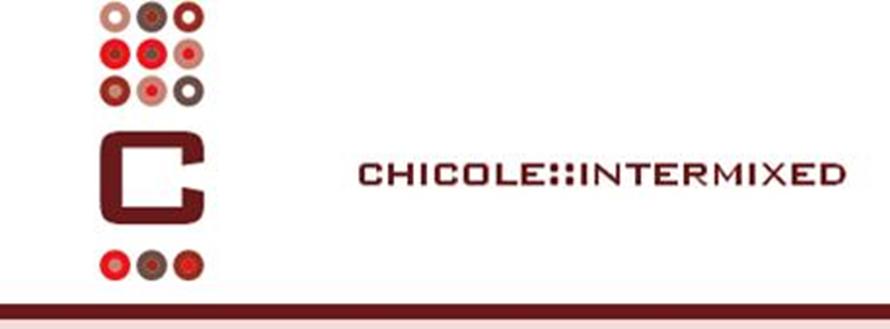Miriam is an Assistant Manager at a national banking institution. Her weekly posts will help you prepare for the financial realities of education and life. Be sure to leave a comment or send an email if you have specific financial questions.
How Do I Start Saving?
Given today's economy, we are all worried about whether or not to save. So, you may ask, what do I do? My answer is that you should always continue to save regardless of what is going on in the economy around you. However, you must be smart in what you are doing to make sure that you are not losing money. Regardless of whether you are holding a job or a student, it is important to start now. Did you know that if you save $4,000 for 30 years at a 5% interest rate, you would have approximately $279,000 saved? However, if you start 5 years later, you would only have $200,000. You would forfeit almost $59,000 worth of interest!!! A common question that many people ask is, how do I start saving? Here are a few tips to help get you started.
1. Start small: Open a savings account at the bank where you currently have a checking account. Banks will typically offer you a free savings account if you have a relationship with them so that you have time to build your balance. If not, open up a second checking account to store money in until you can meet the minimum balance for a savings account.
2. Participate in your job's 401k program: Most companies match your deposits. If they do, you should contribute as much as they will match. However, if you feel like you can't contribute that much, it is important to contribute something to your 401k. If not, you are missing out on free money.
3.Open a personal IRA: IRA's come in various forms (money market, certificate of deposit). However, they are easy to open and often times pay the same interest rates as certificates of deposit. As a result, during times like these when the market is shaky it may be beneficial to slightly adjust your 401k contributions and add some of this money to your personal IRA because you won't lose as much money. In addition, some IRA's are tax deductible. On the downside, once the market goes back up, you will still be earning about the same rate on your IRA and missing out on some of the growth that you would have received if it had been in place in your 401K.
4. Get a financial advisor early: Most people have the misconception that financial advisors are expensive. This is not the case. Most banks have financial advisors onboard that can offer you advice free of charge. You will only see a charge once you start investing and it typically comes from your returns and is not an upfront cost.
In short, save now regardless of how much you have to save. Always realize that the market itself will fluctuate but this should not deter you from putting money away.
Tuesday, December 2, 2008
Subscribe to:
Post Comments (Atom)


No comments:
Post a Comment